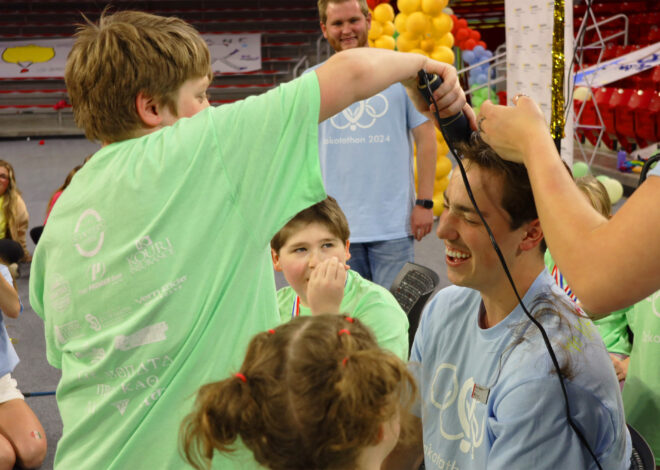Men’s Standpoint on Sexual Assault on Campus
By: Thomas Pemrick and Jozie Kumm
[email protected] [email protected]
While sexual assault is mostly associated with women; anyone can be a victim of sexual assault. According to the National Sexual Assault rates, around 8-10% of men will be a victim of sexual assault. These rates are higher for men when they’re on campus rather than off.
These situations can vary greatly between a person’s experiences. Cindy Struckman-Johnson, a USD psychology professor, said that men who find themselves in these situations can be categorized into four types of assault.
The first category is when someone persistently tries to arouse them through physical touch, like kissing. The second category is when someone emotionally manipulates and deceives them. The third category is exploitation through intoxication by alcohol and drugs. The fourth and final category is by threatening the victim and forcefully attacking them in a sexual way. Category four is the lowest reported on campus.
These usually are when the victim is exploited in trusting relationships that don’t have established boundaries. Another common situation is when men are in toxic relationships and their partner takes advantage of them.
Struckman-Johnson said men deal with negative emotions differently than women which leads to less reporting.
“The number one reason… is the combination of shame and an idea that it is such a confusing thing to happen to them… They are embarrassed and ashamed that it happened,” Struckman-Johnson said.
She also said that from this unexpected event, men are afraid to report it because they feel as though no one will believe them. And in not doing so, they commonly self-medicate through alcohol and sink into depression.
Struckman-Johnson said that under certain stereotypes that all sexual intercourse is good. However, she said most men do not see it this way.
“They resent and many consider it to be a violation of their body, their will and [goes against] other choices to be with the person they want to be with. I do not think it is not very well recognized among the general population.”
She suggests if someone was exploited to find a counselor and recommends calling a hotline. Another way is to open up to a trusted friend.
“[One thing I tell my students] is to understand that it was not [their] fault,” Struckman-Johnson said. “They were exploited, to put language to the word of feeling self-violation.”
Here at USD, I CARE is our primary campus resource for sexual assault victims. Struckman-Johnson highlighted the importance of organizations like I CARE, but also recommended education and training programs as way to bring more awareness to sexual assault as a whole.


